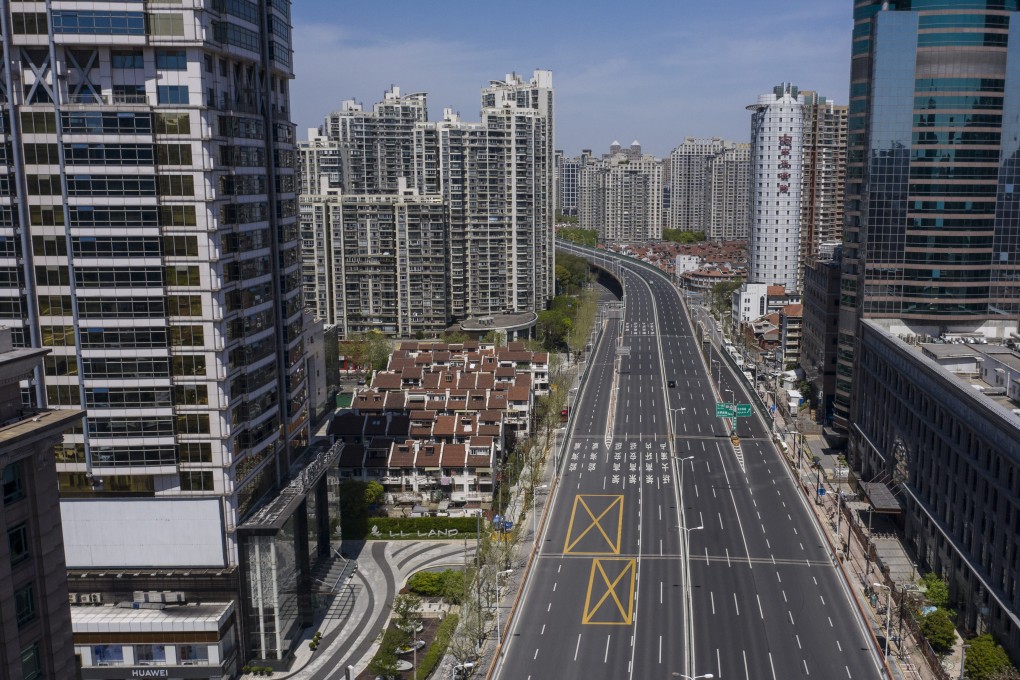Advertisement
Covid-19: Airports, harbours, highways must remain open to protect transport, logistics chain amid restrictions, Beijing tells local governments
- A circular sent out by the State Council stressed that an unbroken logistics chain is essential to underpin the national economy
- It also told local authorities not to erect roadblocks or put healthy truck drivers into quarantine
Reading Time:2 minutes
Why you can trust SCMP
1

Beijing has ordered all provincial-level governments to keep airports, harbours and highways open so that transport and logistics links can be maintained amid strict anti-pandemic controls.
Local authorities must not erect roadblocks or put healthy truck drivers into quarantine either, the State Council – China’s cabinet – said on Monday evening, as it sought to ensure the supply of food and key materials to virus-hit areas is disrupted as little as possible.
“The central government is taking action to facilitate cross-provincial transport after gateway cities like Shanghai and Shenzhen were hit by the highly transmissible Omicron variant of Covid-19 pandemic,” said Xiong Hao, an assistant general manager at Shanghai Jump International Shipping. “Things will get worse if logistics services are disrupted.”
Advertisement
The circular sent out by the State Council stressed that an unbroken logistics chain is essential to underpin the national economy.
It did not mention the names of specific virus-hit regions.
The executive order from the cabinet comes after foreign businesses lobbied central government to grant more special passes to lorry drivers as Shanghai, the epicentre of China’s latest Covid-19 outbreak, went into lockdown, with reduced handling capacity at its major airports and seaports.
Advertisement
Select Voice
Select Speed
1.00x
